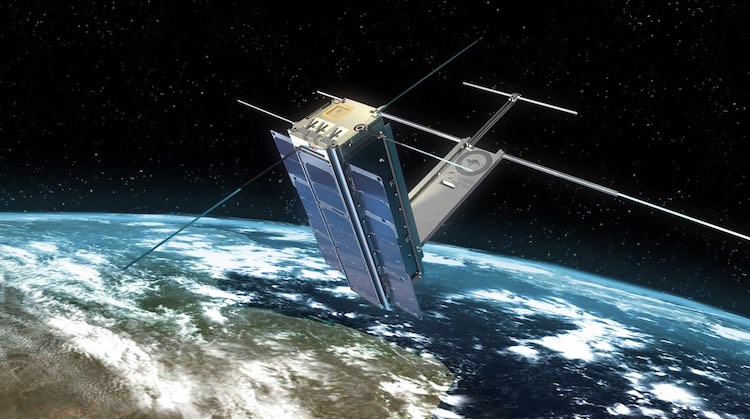
The chair of the Expert Reference Group advising the federal government on the ideal setup of a national space agency Doctor Megan Clark says the space industry represents an “outstanding opportunity” for Australia to create jobs and generate economic activity.
The reference group is due to deliver its first report on a charter and possible structure and scope for an Australian national space agency by March 2018, following its consultations with industry.
Dr Clark says the clear message in the feedback so far is that the “time is right for Australia to increase its investment” in the space economy, estimated to be worth $335 billion in 2016.
“There’s an outstanding opportunity to grow and diversify our economies through space and into these new growth sectors which have some very high growth rates and can provide jobs,” Dr Clark told delegates at the Securing Australia’s Space Industry Forum in Canberra on November 20.
“These are not just jobs that go to Melbourne and Sydney and are concentrated. These are actually jobs that go right across the nation.
“And most importantly, I think the opportunity to tap into the creative spirit, to the true creativity that we see in Australia and to inspire the nation and bring it together.”
Canberra officially gave the green light for a national space agency in late September, with the formal announcement occurring at the International Astronautical Congress in Adelaide.
Currently, Australia is one of the few developed nations without a national space agency, a source of some lament for many years among those who work in the sector.
Lockheed Martin Australia Space Systems Company managing director Rod Drury said a national space agency would provide “clear, consistent leadership on space” for the Australian space community.
“It is critical that Australian industry, government and academia work together to ensure that agency has the capabilities and capacity necessary to support the sustainable growth of our burgeoning space industry by advancing technology innovations and furthering scientific discovery,” Drury said in a statement.
While Canberra has committed to set up a national space agency, it has offered few details on how the agency would be structured.
Instead, the matter was being examined by the Expert Reference Group chaired by Dr Clark, a former CSIRO chief.
Dr Clark said the reference group has been meeting with government and industry, as well as going through public submissions.
Three external reports that provided an overview of the global and national industry dynamics have also been prepared for the reference group and are available on the Department of Industry, Innovation and Science website.
“We held consultations in every state and territory, round tables, and met with representatives of state governments and territory governments around the nation,” Dr Clark said. “Some 220 people attended those round tables.”
“We received some 200 admissions, which again, are now all available publicly. And we have spoken to, or met, or reviewed some 75 startup companies, 36 established Australian companies, and some 26 large international companies based here in Australia.”
Dr Clark said one of the recurring themes from its consultations with industry regarding the national space agency was the concept of a “single front door”.
“That phrase was mentioned more than many others,” Dr Clark said.
“A single front door not just to engage but also to go out and share with what’s happening in this country.
“Industry has been clear with us that in establishing the structure of the agency that we make sure that the space agency has continuity and clout.”




